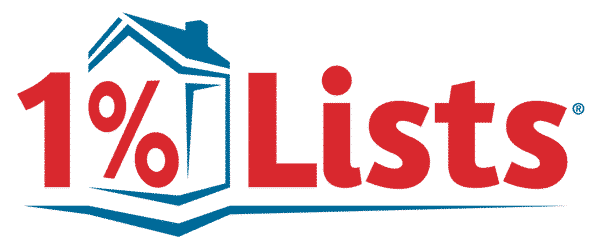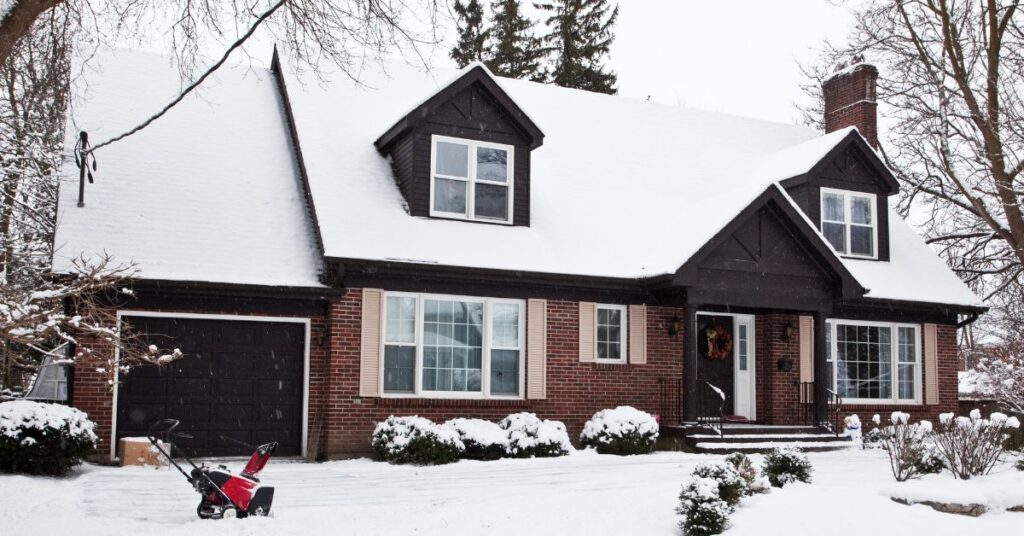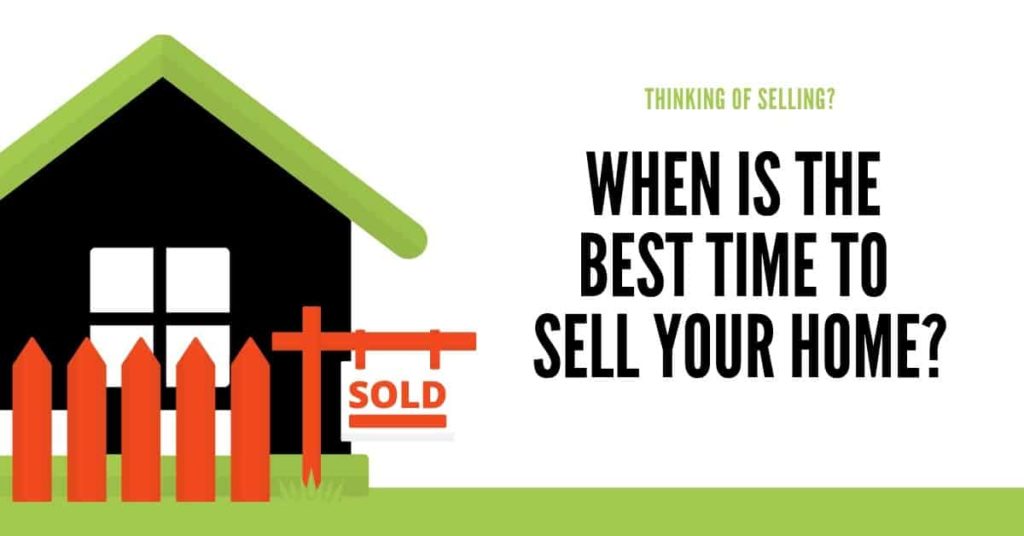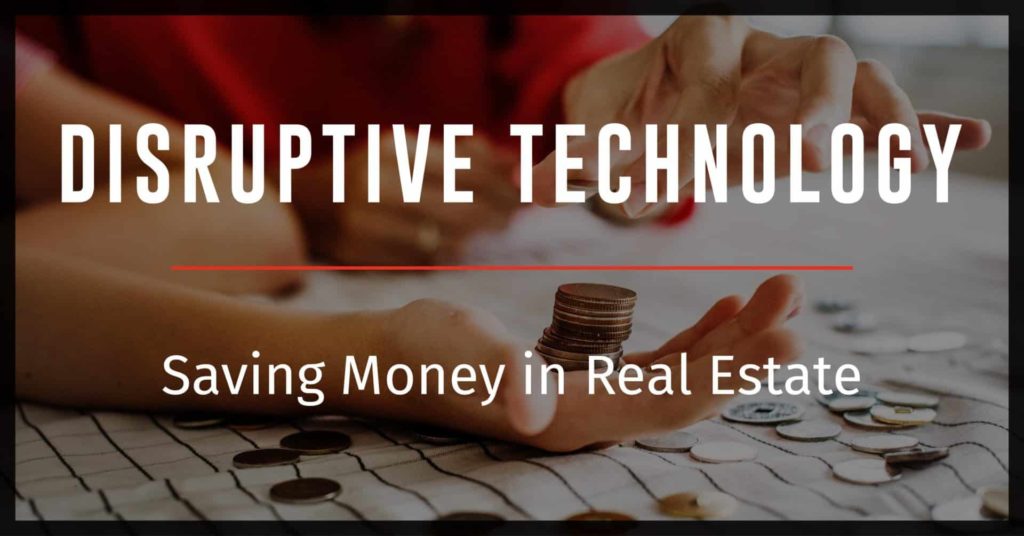Oh, how the real estate market has changed! Just ten months ago, the average interest rate was in the low 3% range, and houses were flying off the market. Fast forward to fall 2022, interest rates are now hovering around 7%, and the market has ground to a halt.
After two years of hustle and bustle, this market feels like it has completely kicked the bucket. Gone are the days of appraisal waivers and no inspections.
Spoiled sellers
Sellers have been spoiled with homes selling in days, if not hours, over the past two years. Buyers were out in full force because even with elevated prices, incredibly low-interest rates made housing much more affordable.
Sellers had ALL the power, and now they are being force-fed large slices of humble pie. As a result, homes that would have instantly sold in the past two years now struggle to get any activity at all.
Home equity went through the roof, but with high rates, many analysts are predicting that home prices are going to go down as quickly as they went up. So if you are forced to move in today’s market, how will you get your house sold?
Pricing home buyers out of the market
Can it really be all that bad? Yes, it can. Specifically speaking, the average sales price of $425,000 in 2022 and a 3.25% interest rate gives you a monthly note of $1,849.63 on a 30-year mortgage not including property taxes and insurance.
That same priced house today with a 7% rate moves the note all the way up to $2,827.54. This prices a TON of people out of the market for your home. To keep the monthly payment in the $1,800 range with a 7% rate, you need to drop your asking from $425,000 to $280,000! That is a MASSIVE reduction for any home seller. Many homeowners may not even have the option to reduce the price that drastically if they purchased their home at a more recently inflated price.
Frustrated home buyers
Home buyers who have dealt with multiple offers, negotiating over asking price, appraisal, and inspection waivers only to still get beat out on homes over the past couple of years, are now dealing with sticker shock due to the rate increases, and they are simply opting not to buy.
These folks are throwing their hands up in the air and giving up on the whole process, and can you really blame them? Home prices have yet true truly adjust to the new higher interest rates.
Why home buyers are nervous
Couple these high rates with worries of inflation across the board, stock market instability, fears of recession, and several other factors, and home buyers are completely spooked and afraid to buy a house. Many think the only way to solve this problem is to lower the price of the house, but that isn’t your only option!
Sure chopping the legs out from under yourself from an equity standpoint will eventually bring out some interested buyers, but there are other ways! Houses have skyrocketed in price over the past two years when interest rates were very low, and if you are not too keen on giving up that equity with these higher rates, then I think I have a solution for you.
If we are to solve the problem of affordability; something has to give. Insanely low mortgage rates made everything more affordable, so housing prices shot up. But now rates are incredibly high (comparatively speaking, anyway), which tends to decrease home prices and stifle showings.
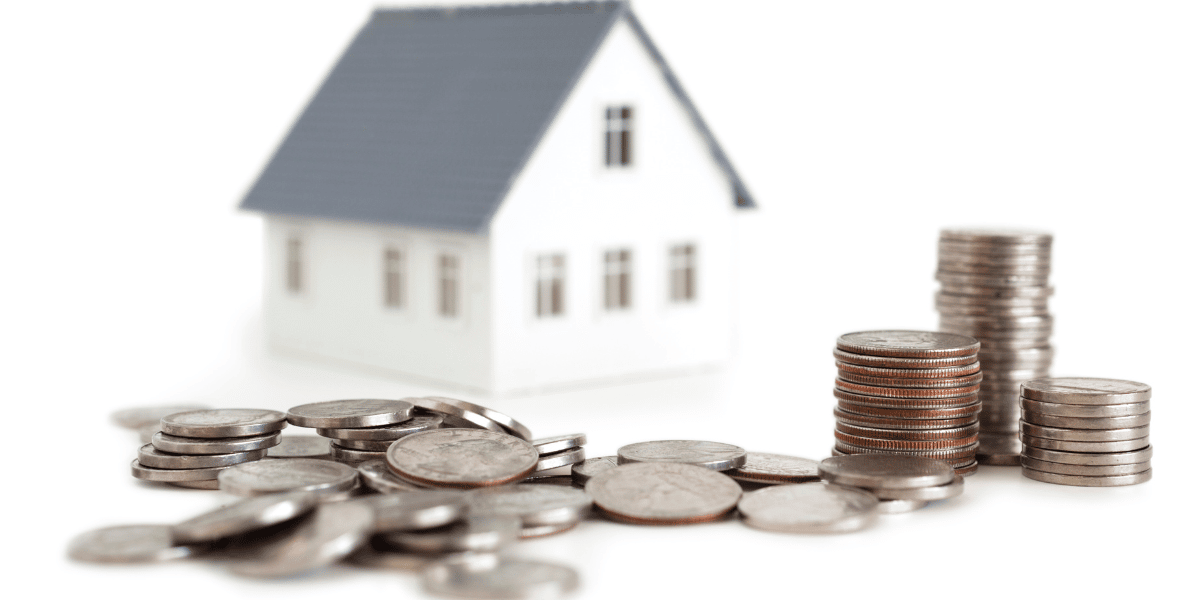
How to keep your equity
Buyers cannot afford to buy a home that has increased in value by 30%, with interest rates more than doubling. But is there a way to keep more of your home’s equity? I believe there is, and I can explain how.
- Your home needs to be affordable for more people in order to increase demand and stabilize the price.
- A more affordable home means a higher quantity of eligible buyers, which means your home will sell faster and for more money!
- There are companies like 1 Percent Lists, which are full-service real estate brokers designed to save your equity. You can then use those savings to help make your home more affordable.
What is home equity
Home equity refers to the difference between the value of your home and the amount you owe on it. Home equity is not to be confused with collateral, which is money that is lent against a property.
In financial terms, it is the actual property’s current market value less any liens that are attached to that property. The amount of equity in a house fluctuates over time as more payments are made on the mortgage and market forces impact the property’s current value.
Home equity can represent more than a mortgage loan being paid off. It is an asset that homeowners can borrow against to meet important financial needs such as paying off high-cost debt or paying college tuition.
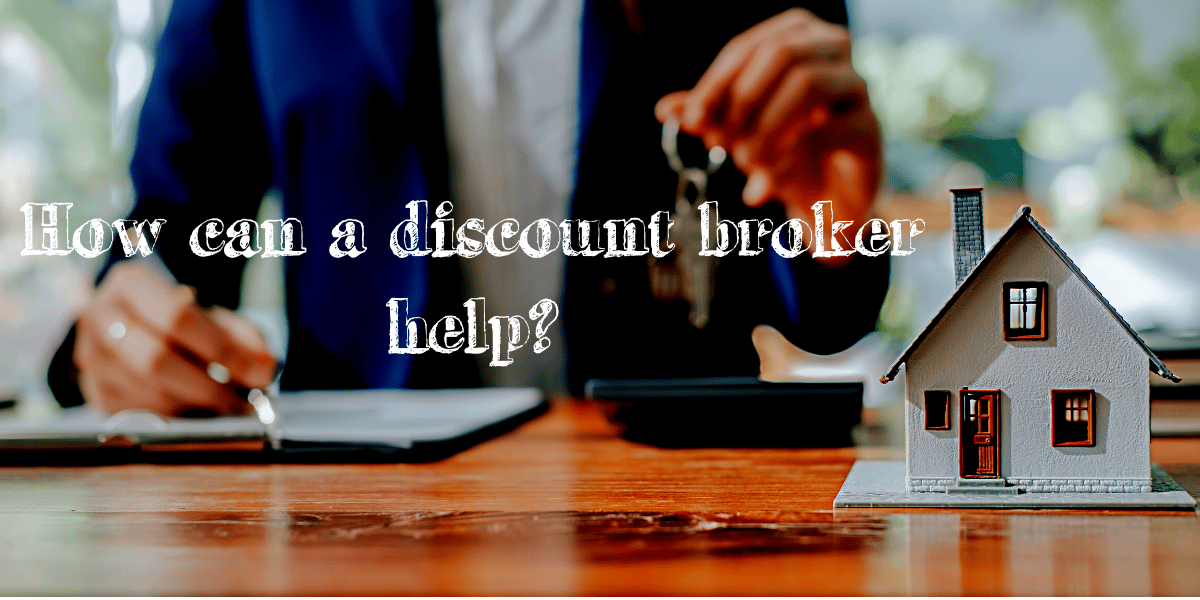
Full-service discount brokers
There is an innovative way to solve this problem, though, and there are companies out there that can help! Over the past few years, full-service real estate brokerages are charging lower fees. Companies such as 1 Percent Lists have emerged, saving their clients 2% to 2.5% compared to a 6% fee.
Many people have used these companies over the past couple of years because it proved a much better option than going the For Sale By Owner route, and they’ve been able to keep a lot more of their equity.
So with an average sales price of $425,000, their clients saved between $8,500 and $10,625. In a fantastic seller’s market, those savings go straight into the homeowner’s pocket, but in a buyer’s market, those savings can be used as a tool to price the home more aggressively, pay seller closing costs, offer buying agent bonuses or buy down someone’s interest rate.
Buydown seller subsidy
Using programs such as a 2-1 seller buydown, a home seller can spend less than $10,000 to buy down someone’s interest rate from 7% to 5% the first year, reducing a buyer’s mortgage payment by $600!
When the problem is affordability, paying higher commissions to get an open house or magazine spread on your home has almost no impact if people can’t afford the house itself.
What is a mortgage rate buydown?
A real estate buydown occurs when a homeowner pays a lender a lump sum or monthly payment, to lower the interest rate on a home buyer’s mortgage loan. The home buyer benefits from a lower interest rate and will have lower monthly payments because of it. This may enable them to qualify for a larger mortgage than they would otherwise.
How Much Does It Cost To Buy Down An Interest Rate?
The cost for each discount point depends entirely on the amount you, as the borrower, take out on the loan. Each point that a borrower pays is equivalent to 1% of the loan amount.
For example, a mortgage lender may offer a borrower the ability to reduce their interest rate by .25% in exchange for a point. So, if the borrower is obtaining a mortgage for $400,000 and is offered an interest rate of 4%, paying $4,000 would lower their interest rate to 3.75%.
Get creative and save on selling
Now is the time to get creative, and companies like 1 Percent Lists, with their commission savings, might be the tools you need to sell your home, retain your home’s value, and let you cash out more of your hard earned equity.
Take more control of your home-selling experience by selling your home with a discount real estate broker and getting the most value out of the equity in your home.
Selling your home can be expensive and soak up a lot of time and resources. You don’t have to go through this process alone! As a home seller, you can use a discount broker to take advantage of the low commission fees and the experience they provide. We can help you list your home for less commission and retain more of your home’s equity.
